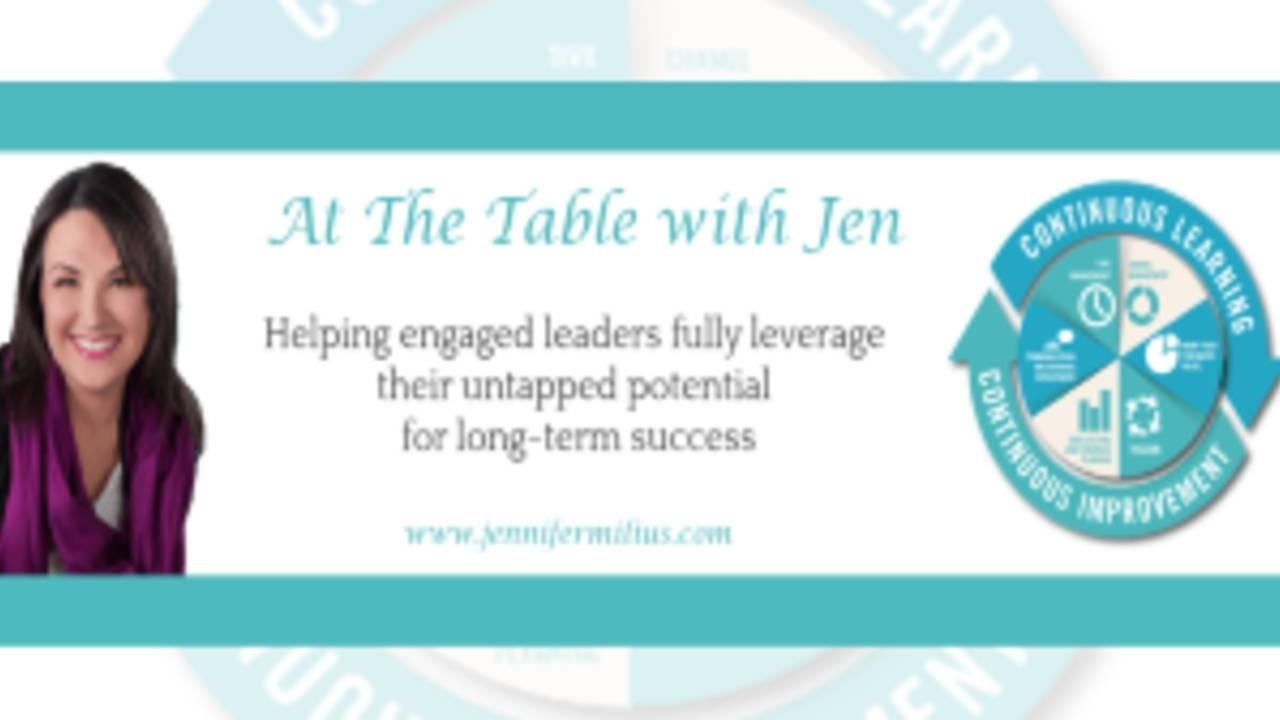The Confidence Equation

As an engaged leader, you know how important conveying confidence is.
It’s the key ingredient that enables your team or clients to buy into your vision or business - because they buy into YOU.
It conveys a strength, even if you don’t know all of the steps.
It conveys courage to take risks that are appropriate for growth, and even if the risks don’t pan out like you hoped, that doesn’t stop you from taking another one.
It conveys an ability to make and execute decisions and communicate the answer with grace and strength, even if “no” or “not now” are the answers.
Yet, if you aren’t really confident in yourself or your abilities, it will be difficult to be the confident leader you’re MEANT to be.
So when you think about having confidence, what does that look like to you?
- How do you stand?
- How are you carrying yourself?
- What kind of expressions are on your face?
- What words are you using?
- What kind of tone or inflection are you using?
When you feel confident, how would you describe those feelings?
- Self-assured
- Joyful
- Content
- Trusting (in your decisions/feelings)
- Decisive
- Open (to possibilities, even some risk)
The confidence equation is something I created to explain what's really required to exude confidence. And it’s this:
External Confidence = Positive Internal Voice + Positive Mindset
You’ll notice that there are two key elements happening on the inside – internal voice and mindset.
What you are saying to yourself is the internal voice
And what you’re thinking is the mindset.
When an idea comes into our minds, we start to spend time considering that idea. We may spend a few seconds, a few hours, a few days or even longer with that idea. That idea is the thought and how we feel about that idea shapes it into a positive or negative thought.
Believe it or not, what you tell yourself, about yourself, really matters. Your mind believes what you tell it, especially when you are speaking about yourself. You know that inner critic that sometimes creeps up? The critic started from a thought and the words that followed amplified that thought.
Once those words get started, they can also create their own form of a replay, sometimes at a moment’s notice. They can raise your spirits, even if you are nervous, or they can perpetuate a frustrating situation to seem worse than it is. Then once this loop starts, it feeds your thoughts.
The more positively aligned your internal dialogue and thoughts are, the more external confidence you will exude.
It’s important to note that this also happens in the reverse. The more critical or harsh your inner voice and mindset are, the lower your confidence will be.
The more your thoughts are of a “can do” attitude, the more your language will reflect your thoughts.
The more you make those shifts, the more you will increase your confidence and it will show.
Ready for your next level as an author and business owner!
Get strategies and tools to effectively unlock your unique energy to showcase your expertise as you grow in your author journey!
*your info will not be shared


